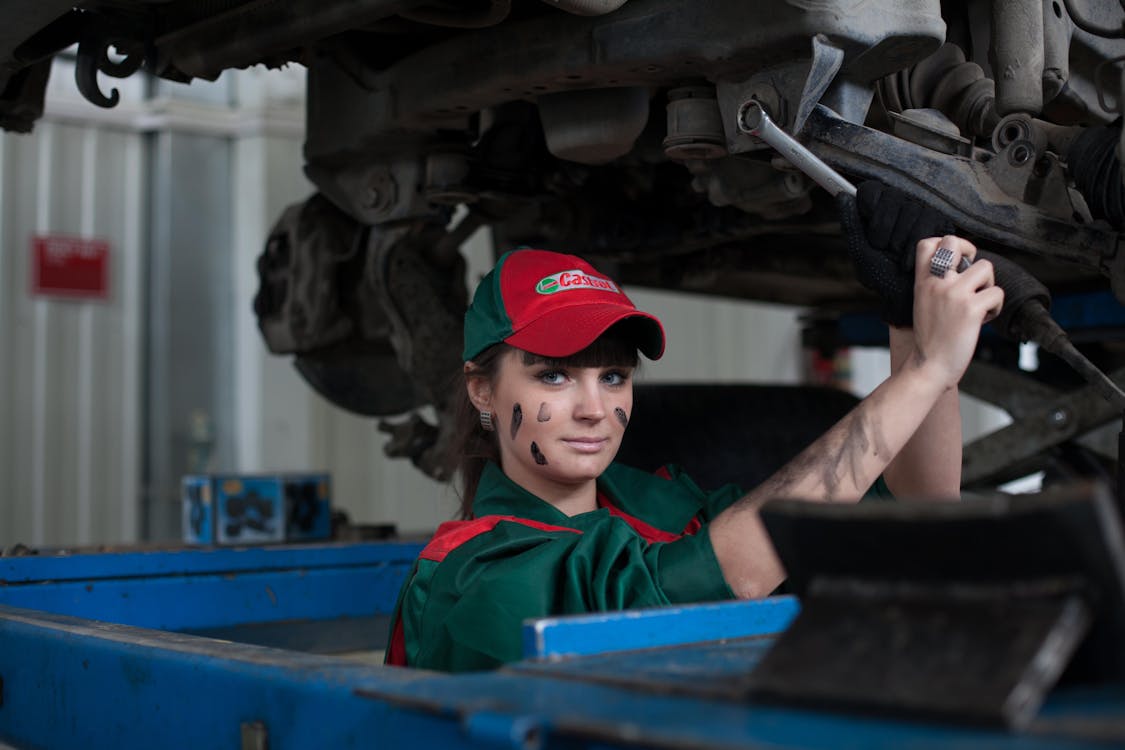Preventive Maintenance: A Shield Against Disaster
In the fast-paced world we live in, it's easy to neglect the importance of preventive maintenance. However, taking the time to regularly inspect and maintain your equipment, infrastructure, and even personal belongings can save you time, money, and even lives.
What is Preventive Maintenance?
Preventive maintenance is a proactive approach to maintaining the health and functionality of your assets. It involves performing regular inspections, cleaning, and adjustments to identify and address potential problems before they escalate into costly breakdowns or failures.
 |
| Preventive Maintenance: A Shield Against Disaster |
Think of it like taking your car for regular oil changes and tune-ups. By addressing minor issues early on, you can prevent them from developing into major problems that could require expensive repairs or leave you stranded on the roadside.
Benefits of Preventive Maintenance
Here are some of the key benefits of implementing a preventive maintenance program:
- Reduced downtime: By identifying and addressing potential problems early on, you can prevent equipment failures and minimize downtime, which translates to increased productivity and profitability.
- Extended lifespan: Regular maintenance helps to prolong the life of your equipment and assets, saving you money on replacements in the long run.
- Improved safety: Preventive maintenance can help to identify and address potential safety hazards before they cause accidents or injuries.
- Reduced costs: By preventing costly breakdowns and failures, preventive maintenance can save you money on repairs and replacements.
- Peace of mind: Knowing that your equipment is well-maintained can give you peace of mind and reduce stress.
The Domino Effect of a Short Circuit:
A small electrical short circuit, often overlooked or ignored, can have a devastating domino effect, culminating in a major fire disaster.
Here's how it can happen:
- Worn-out insulation: Over time, the insulation surrounding wires can deteriorate and become brittle, increasing the risk of exposed wires coming into contact.
- Faulty wiring: Faulty or improper wiring can lead to overheating, sparking, and eventual short circuits.
- Overloaded circuits: When too many devices are plugged into a single outlet or circuit, it can overload the system, causing overheating and potential short circuits.
- Combustible materials: Electrical sparks and heat from a short circuit can easily ignite nearby flammable materials like paper, wood, or textiles, causing a fire to start.
- Rapid spread: Once a fire starts, it can quickly spread through the building, fueled by combustible materials and hampered by inadequate fire safety measures.
Real-life examples:
- In 2017, a fire at Grenfell Tower in London claimed the lives of 72 people. The fire was reportedly started by a faulty refrigerator in one of the apartments.
- In 2015, a fire at a Walmart store in California caused millions of dollars in damage. The fire was traced back to a faulty electrical panel.
Preventing Electrical Fires:
Here are some steps you can take to prevent electrical fires:
- Regularly inspect electrical wiring and equipment.
- Avoid overloading circuits.
- Use surge protectors for sensitive electronics.
- Have a licensed electrician inspect your home or business's electrical system regularly.
- Install smoke detectors and carbon monoxide detectors and test them regularly.
- Have a fire escape plan and practice it regularly.
Conclusion
Preventive maintenance is not just a good practice; it's an essential strategy for protecting your assets, ensuring safety, and saving money in the long run. By taking the time to address minor issues before they become major problems, you can create a safer and more efficient environment for yourself, your family, and your employees. Remember, a small short circuit can easily spiral into a devastating fire disaster. Don't wait until it's too late. Implement a preventive maintenance program today and safeguard your future.



